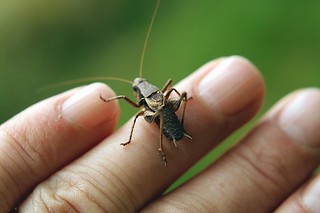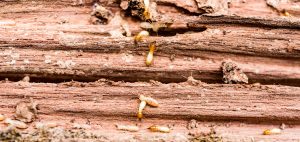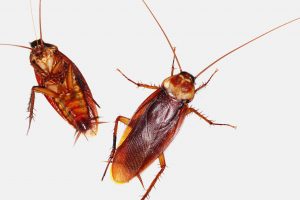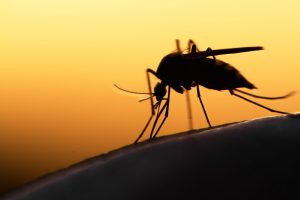
While many people find the idea eating insects rather disturbing, others are jumping on the insect-eating bandwagon at ever-increasing rates. True, insect eating is not the most popular fad out there, but it’s slowly starting to gain momentum in many developed countries. The plethora of nutrients that insects contain is almost mind-boggling; bugs are protein-rich foods abundant in fiber, vitamins, and essential fatty acids. Although some eat insects in their pure, unadulterated form, others consume these tiny critters as fine dried powders hidden in baked goods and cooked dishes.
Four Surprising Things about Edible Insects
Many people don’t know anything about insect cuisine, and many people prefer not to know. Still, bridging the gap between education and consumption may help some nations fight hunger, save the environment, and reduce disease. Here are four surprising facts about insect consumption:
Insects Help the Environment
Insects require no pesticides or other chemicals. They’re already plentiful in the environment, and many edible insects grow quite easily on their own in epic proportions. Additionally, insects can live in practically any climate and require far less water, land, food, and energy for successful production than do conventional farmyard animals. Typical protein sources, such as beef and chickens, are far more damaging to the environment because they create a greater drain on natural resources.
Insects Can Reduce Disease
Eating some bugs has been shown to reduce migraine pain. Also, insects contain a wide range of beneficial fatty acids essential for brain development and cognition. Their high protein levels, small size, and ease of accessibility make insects a potent medicinal force in the world today.
Insects May Help the Elderly
Crickets, among the most popular edible insects, have more calcium than common protein sources (chicken, pork, and beef), making them helpful for elderly individuals with osteoporosis. Calcium isn’t just for the elderly, however, as this nutrient plays a key role in a myriad of biological mechanisms within the body.
Insects Are Sustainable and Inexpensive
Due to their reduced need for water, food, and land, insects are a more sustainable food source than any other cultivated crop. They are plentiful in number and are capable of producing in large numbers when carefully controlled. They are very inexpensive compared with other protein foods, and many third-world countries are seeking to add insect meal to baked goods to increase nutrient content and reduce nutrient deficiencies.




